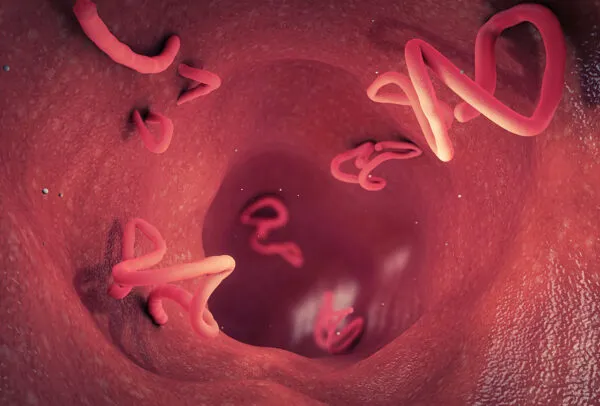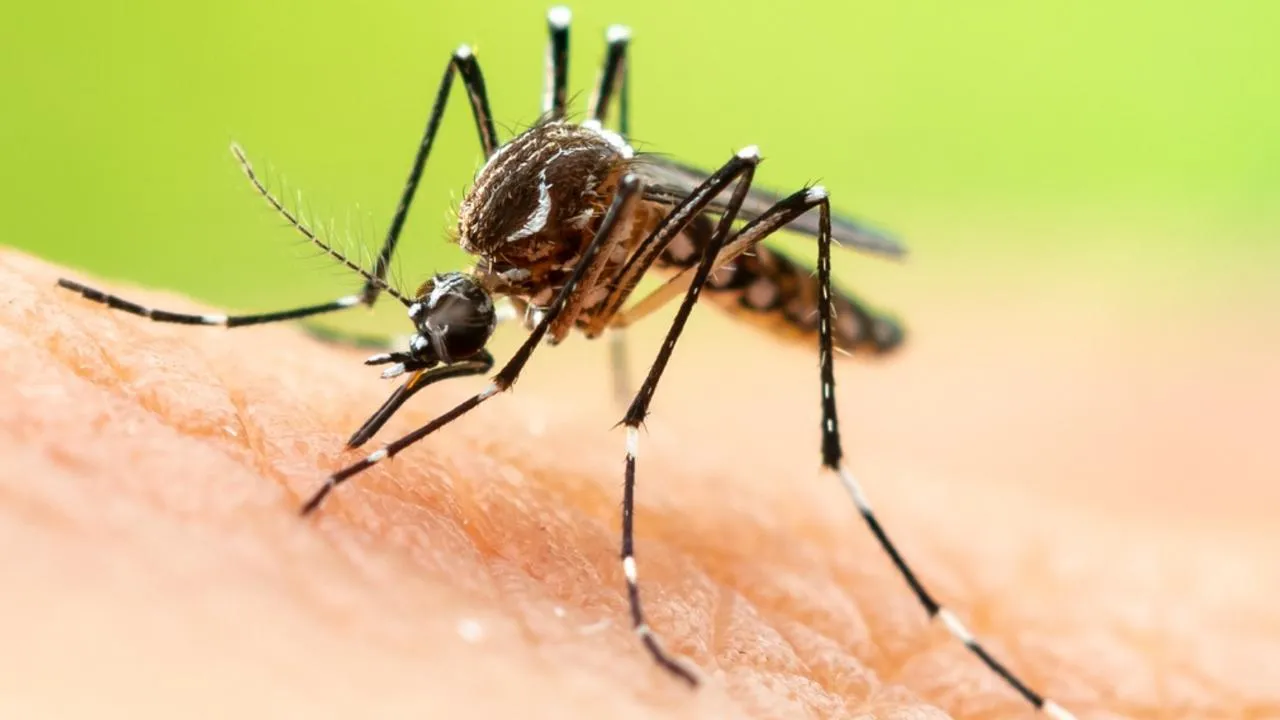The growing evidence of cardiovascular diseases (CVDs) in both developing and developed nations over the last 20 years has made CVDs a global healthcare priority. As per the WHO, heart attacks and strokes account for 85% of all CVD deaths. It is responsible for an estimated 31% of all deaths worldwide, with 17.9 million deaths yearly. More than 75% of all cardiovascular events occur in low- and middle-income countries. CVDs are the leading cause of death worldwide, with more people dying from them each year than from any other cause.
Role of diet in the maintenance of a healthy heart:
The never-ending work of the heart and the constant workload necessitate healthy dietary patterns and lifestyles. One of the most important factors that can be changed to promote heart health is diet. An unhealthy diet high in saturated fat and carbohydrates is linked to abnormal blood lipid levels, which increases the risk of heart disease.
Use of
Nutraceuticals in heart health:
Nutraceuticals refer to substances that are either food or a component of nutrition that help in the prevention, protection, and/or treatment of chronic diseases. Nutraceuticals can maintain health, slow the progression of lifelong or chronic diseases, and slow aging. Nutraceuticals are considered superior to chemical medicines due to their lack of side effects and ease of access.
• Omega-3 fatty acids: They possess a beneficial effect on the heart as it helps in reducing the risk and advancement of cardiovascular disease. Clinical studies have found that omega-3 fatty acids lower serum triglyceride levels, increase fatty acid degradation, and clear plasma triglycerides. They also help to lower systolic and diastolic pressure in hypertension patients. Foods which are rich in omega-3-fatty acids are flax seed, mackerel, salmon fish, cod fish, etc.
• Coenzyme Q10 (CoQ10): Clinical data revealed that a high dose of CoQ10 helps maintain a healthy heart by reducing lipoprotein oxidation and forming atherosclerotic lesions. Foods such as oily fish (salmon, tuna), grape seed, soyabean, avocado, broccoli, peanuts, and soybeans contain a high amount of CoQ10 in them.
• Carotenoids: Carotenoids such as lycopene can reduce the risk of atherosclerosis by prohibiting endothelial dysfunction and lowering LDL levels. Tomato, red cabbage, beet root, papaya, and watermelon are good sources of carotenoids.
• Polyphenols: Polyphenols present in fruits and vegetables improve lipid metabolism, reduce blood pressure and delay the progression of heart diseases. Almonds, cherries, berries, black olives, cloves contain a high concentration of polyphenols.
• Use of micronutrients: Supplementation with micronutrients such as zinc, selenium, magnesium, selenium, vitamin C, and vitamin E exerts a protective effect on the heart by reducing endothelial cell damage, production of nitric oxide, and inhibiting LDL-c oxidation.
Due to the modern lifestyle, it is imperative to maintain a healthy heart. Regular consumption of nutraceuticals will help to prevent cardiovascular diseases and help to follow a healthy lifestyle.
The author is MD, Clinical Pharmacologist and
Nutra-ceutical Physician, Founder and CEO IntelliMed Healthcare Suctions.






















